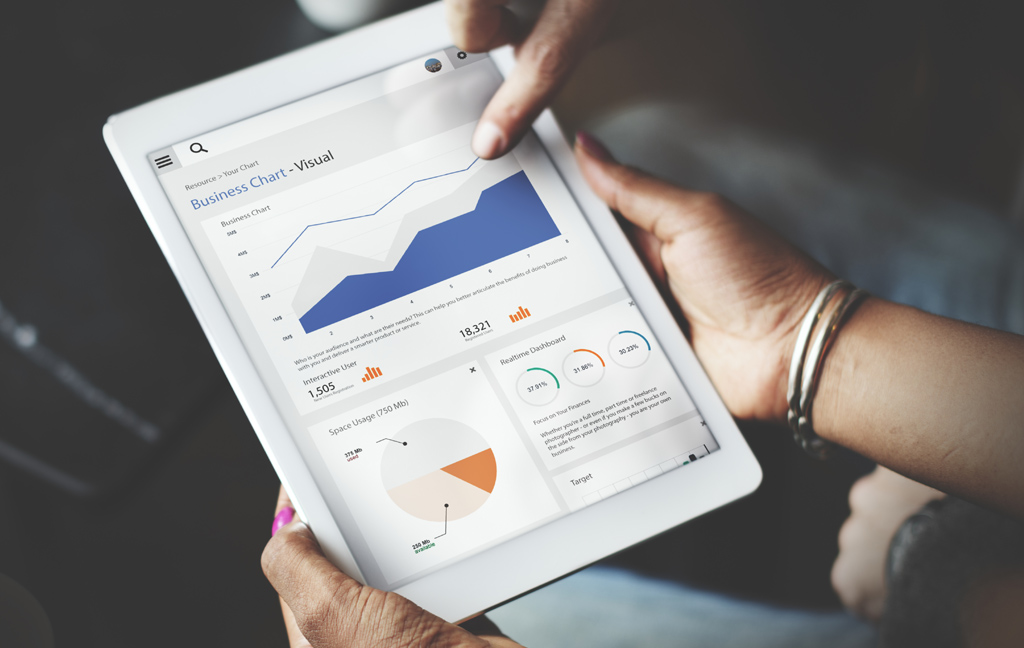
Through automated real-time monitoring, the internal call topology of the back-end application is visualized and combined with its performance diagnosis, business analysis and other functions, it can quickly conduct business troubleshooting, and improve the time to locate the root cause of the problem to the second level.

Code-level application server performance monitoring, rapid business troubleshooting, root cause location of second-level problems

Ai can automatically discover web transaction entry and visualization of topology, which can help users to automatically associate many individual services in the application according to business execution logic, so as to accurately evaluate the quality of business services.

The call chain tracking records the call details of a single user's slow request across the entire application link, including the code execution status of each node in the call path, database performance, etc. Through the automatic restoration of a single user request to call the link, you can quickly locate the faulty node that affects business performance, and you can drill down to find the code-level cause in depth.

When the application has performance problems, Ai can be combined with the dynamic baseline function to obtain the complete request operation status at the first time, including code execution, database calls, third-party interfaces, etc., to locate the problem more accurately and efficiently.

The host container data collection frequency is as low as once a minute. It monitors more than ten indicators such as CPU, memory, disk, network, Load Average, TCP connection, file open count, and real-time linkage of web transactions with indicators, which can quickly locate application faults the root cause, real-time understanding of the running status of the host container.

Through the custom transaction function, Ai aggregates requests with the same characteristics (for example, with the same parameter name and the same URI) to form relevant monitoring data and call links. At the same time, Ai can also split a composite request (different back-end services through different parameters) to achieve more accurate monitoring of user transactions.
Ai's dynamic baseline function is to perform self-learning by automatically calculating the performance data within 15 days (daily baseline) or the last 8 weeks (weekly baseline), dynamically adjusting the alarm threshold and the frequency of snapshot data collection, which can not only reduce invalid alarms , it can also predict performance bottlenecks and feed back problems before users report failures.

The network insight solution uses network packet mirroring and layer 2 to 7 protocol analysis technology to provide a 7 x 24 hour all-round view of key applications without affecting the operation of the customer's application system, allowing application management, operation and maintenance personnel to perceive the system at any time Health and customer experience, discover problems in time, and quickly locate problems.

Ni allows customers to define different services based on the listening port, protocol, server IP address group and client IP address group.

Perceive user experience before user complaints, find users affected by performance or errors, track a series of visits of a single user, deeply analyze the specific reasons for slow access, and locate whether the network transmission is slow or the application server responds slowly.

Accurately match customer business and differentiate user behavior by business; automatically connect the end-to-end transaction chain to flexibly extract key information; save all transaction data and analyze transaction statistics in multiple dimensions.
Using high-performance acquisition technology, it supports a single-machine traffic processing speed of up to 2Gbps. Can combine mirror data, sflow, SNMP data to comprehensively analyze problems.
Through in-depth analysis of the protocol response delay, it is possible to distinguish network delay, host delay or application delay, through the combination with Chief One Infrastructure Insight. Quickly judge when there is a problem, and locate the bottleneck problem that causes poor application access.

Bi capture includes every detail of page loading on the user side: server time, network latency, web page loading timing, page rendering time, JavaScript script errors, AJAX call details, user characteristics and other performance and operation related information; at the same time; provide positioning analysis and comparative analysis based on time distribution, and provide granular reports such as daily and weekly reports.

From the perspective of quickly locating the problem, Bi defines five indicators: "server queuing time-consuming", "web application time-consuming", "network time-consuming", "web page loading time-consuming", "resource loading time-consuming" five indicators, and based on 15 types different indicators and different user characteristics are considered to find out the experience defects that need to be optimized.

Bi captures every detail of slow user requests, including: user access time, user access IP, browser type and version number, single request server response time, etc. Based on HTTP protocol, W3C standard time-consuming swim lane chart and page loading element waterfall chart, it provides fine-grained fault location capability.

Bi provides user characteristic information such as browser, geographic location, device type, IP address, etc. User characteristics are compared and analyzed with specific indicators, and the proportion of different user characteristics can be viewed. Through comparative analysis, the business operation and maintenance department can optimize targeted web applications.

Bi can collect the occurrence time, execution time, traffic, number of calls, requested throughput, http status of AJAX, and help users gain insight into the performance of asynchronous interactions after the page.

Collecting JavaScript script errors, you can quickly understand and count the JS errors reported by the client. JS error statistics are broken down into URL, time of occurrence, browser type, error information, request parameters, custom parameters, sample stack information, etc.

Bi provides comprehensive website operation analysis services, supporting page trajectory optimization, page interaction optimization, business funnel analysis, business path correlation optimization, user behavior analysis and other capabilities, thereby further providing technical support for the efficient operation of web sites.
Users can define one or a group of URLs as a key business according to business management needs. The group management of web pages can be realized through key services, which is convenient for users to centrally manage the quality of the core pages of their core services.
Session-based single-user behavior tracking, complete records of each user's access trajectory, accurately locate the problem page that affects the user experience, and the cause of the problem page.

Mi displays core performance indicators such as mobile application interaction performance, crash rate, HTTP error rate, network error rate, behavioral data such as user access trajectories, user actions, and operational data such as active users, allowing users to have a more comprehensive and in-depth understanding of the current application The overall performance experience status, promote product optimization and upgrade.

The user experience is evaluated from the three core indicators of user action, network request, and crash, and the user distribution is summarized in multiple dimensions such as application version, operating system, device, and region.

Complete record of each user's access trajectory, by viewing a single user's access, backtracking of slow movements, wrong requests and crashes during the process.

Comprehensively monitor the page interaction and network request information caused by each click of a user action, find APP performance bottlenecks in time, and locate user experience optimization points.

According to indicators such as total requests, slow requests, and error requests, a multi-dimensional combined analysis of the distribution is performed on different application versions, regions, network types, system versions, and devices. Through the statistics of the proportion of network requests in multiple indicator dimensions, in-depth analysis of the details of network request errors, and intuitive discovery of hidden performance hazards.

According to different domain names, the response time of each network request, the first packet time, socket tcp link establishment time, DNS time, transmission volume, frequency and error rate are displayed. Through dimensional analysis, the distribution of slow requests in any or multiple dimensions can be displayed, so that performance problems can be accurately located, and the details of slow requests can be drilled down to further locate the problem in combination with Brilliant Forward Limited end-to-end analysis.
Detailed display of the device, operating system, application version, number of occurrences, and users affected by a certain type of crash, restore the track of the crash, and locate the crash code line.
WebView page loading real-time tracking, display the corresponding page URL white screen time, CPU, memory consumption, JS error and other performance indicators, analyze page loading time and resource loading time, targeted optimization of WebView performance experience.